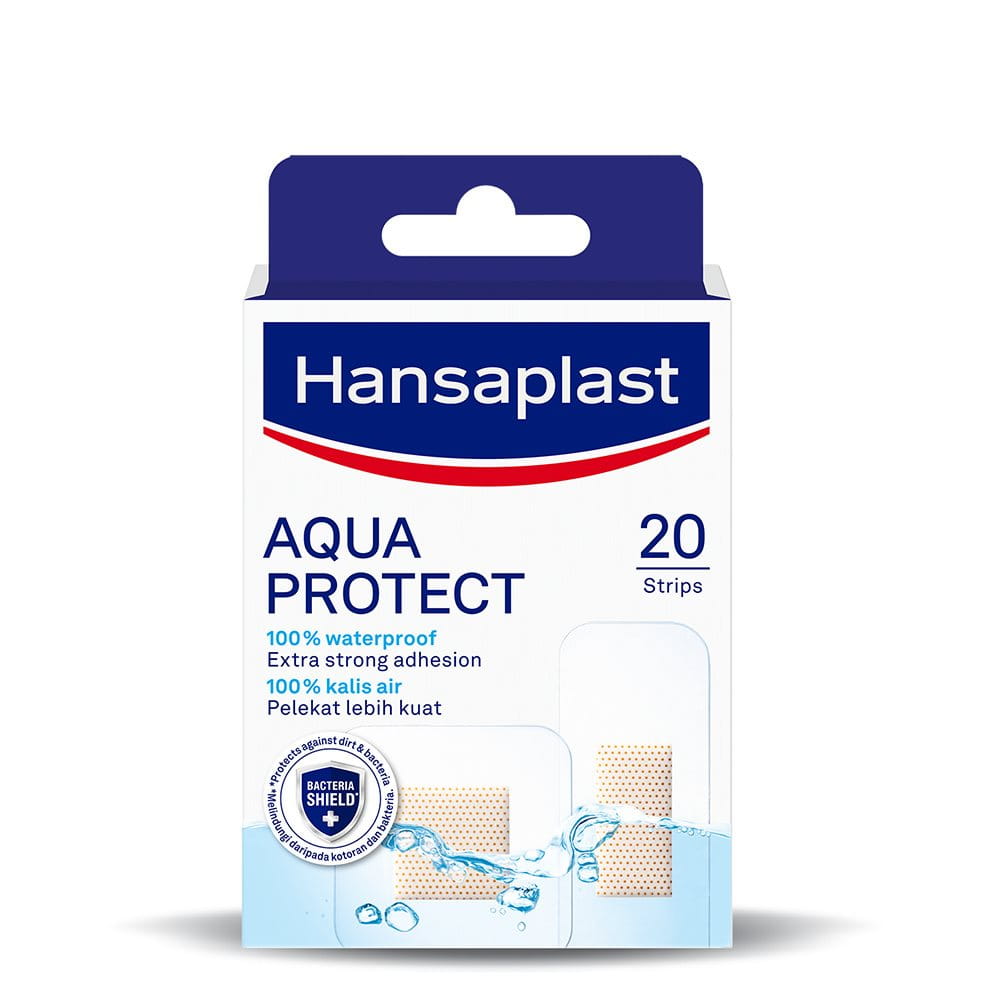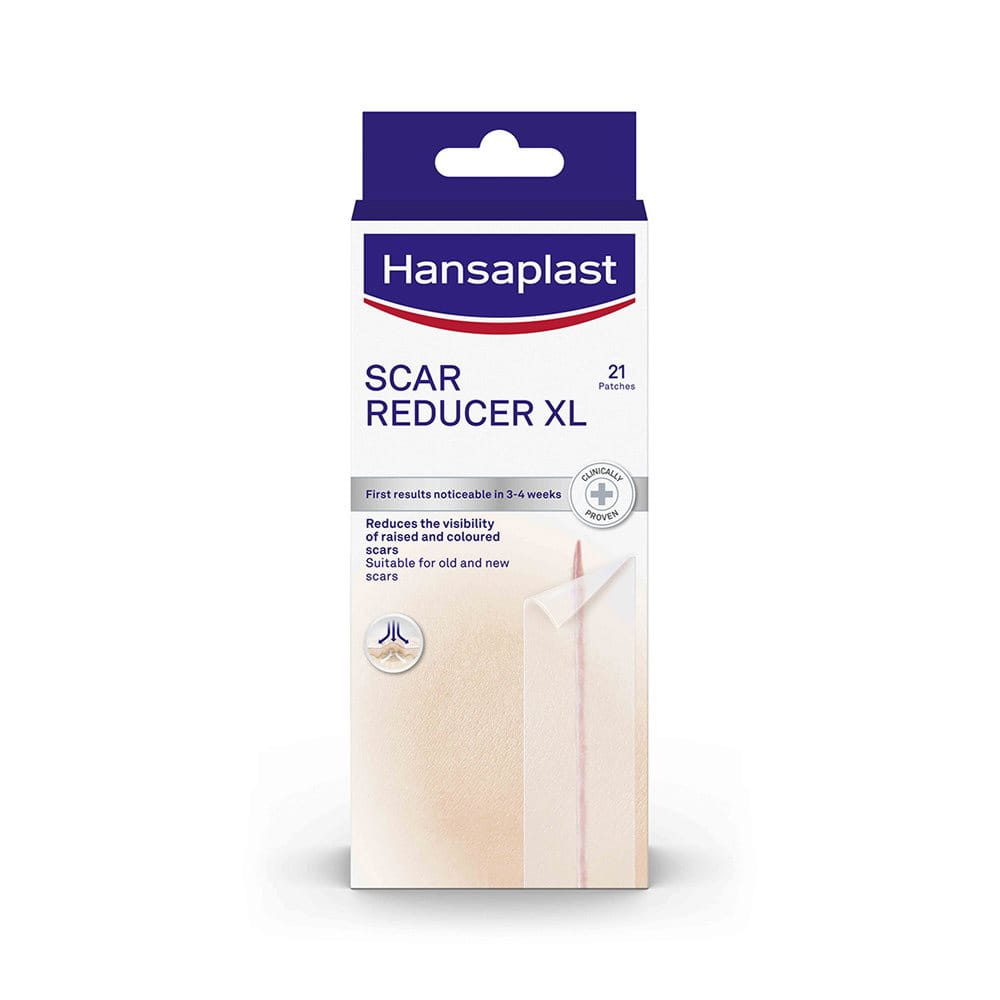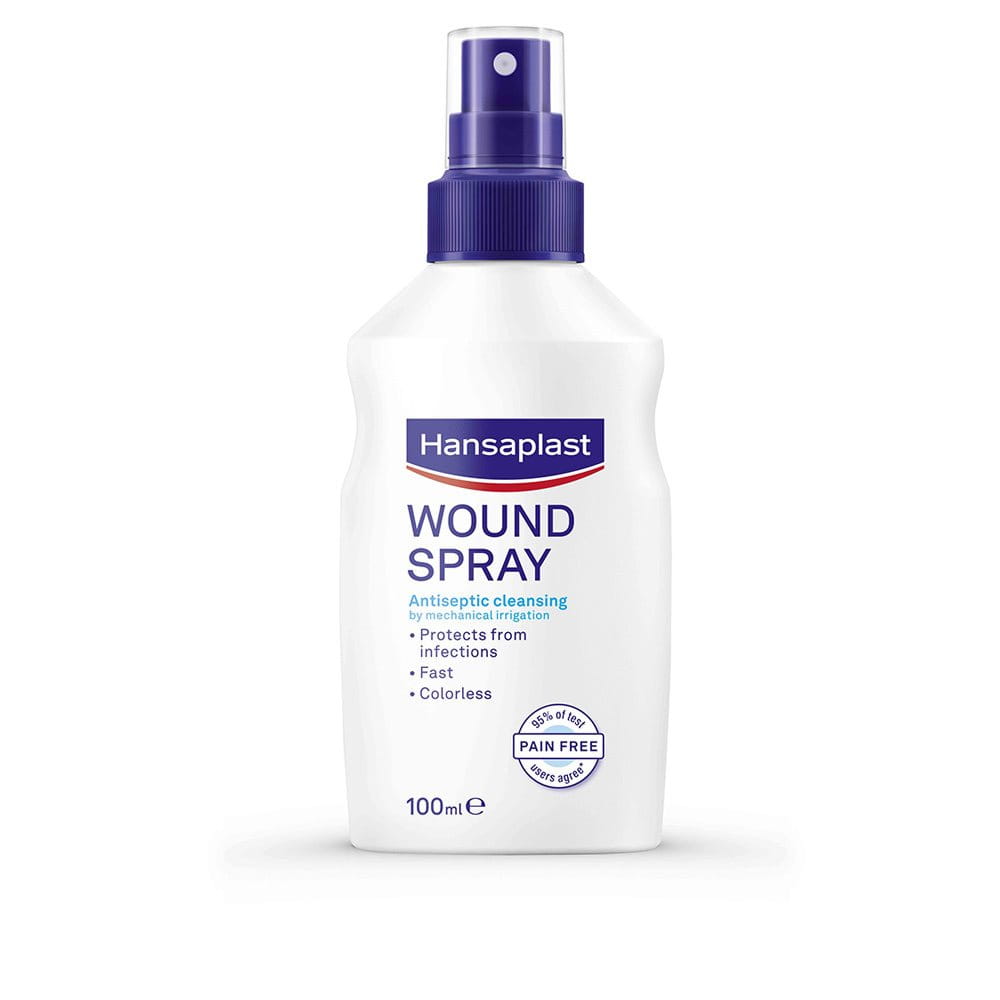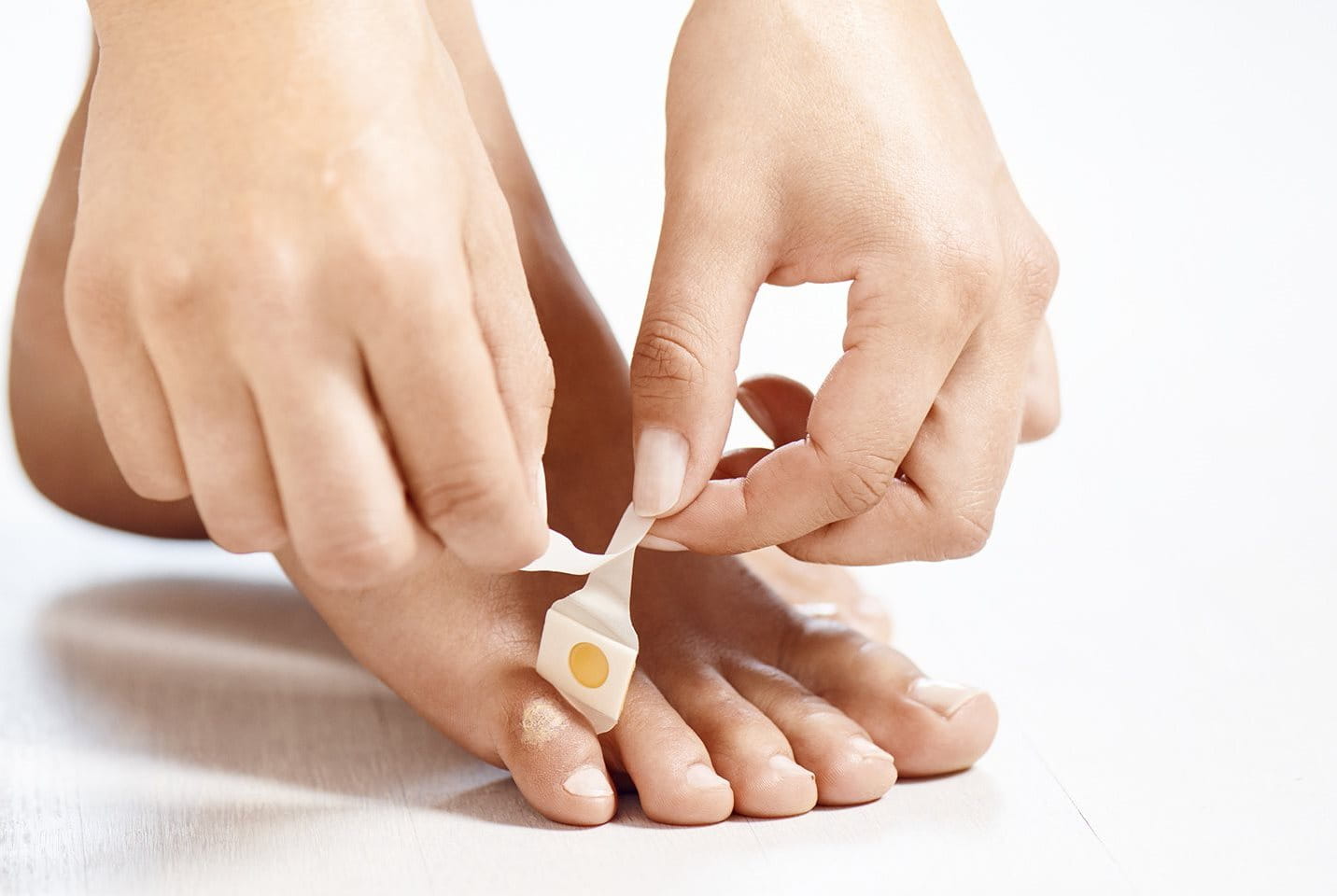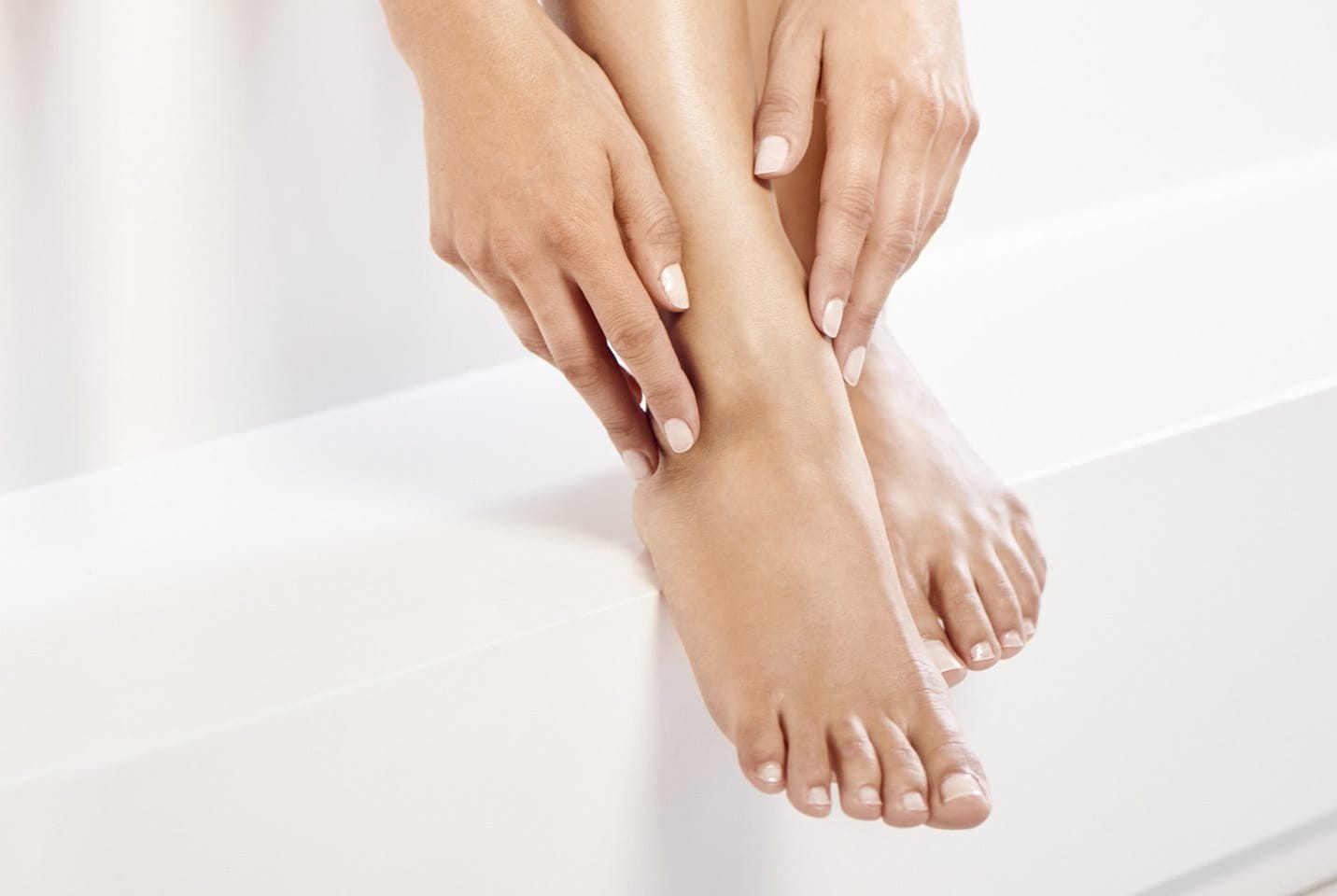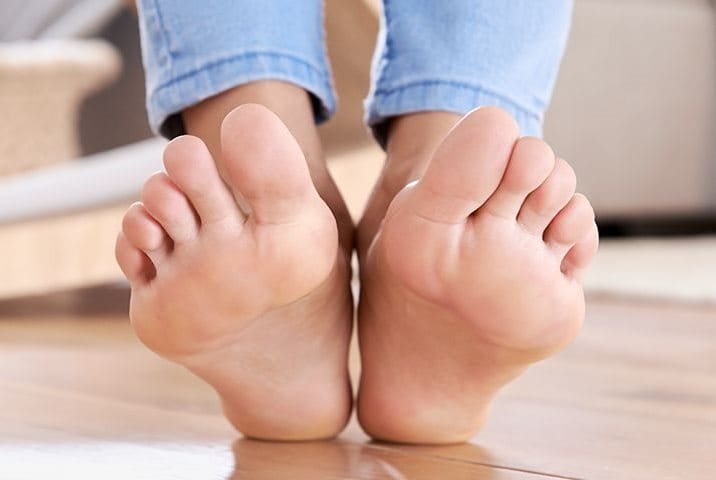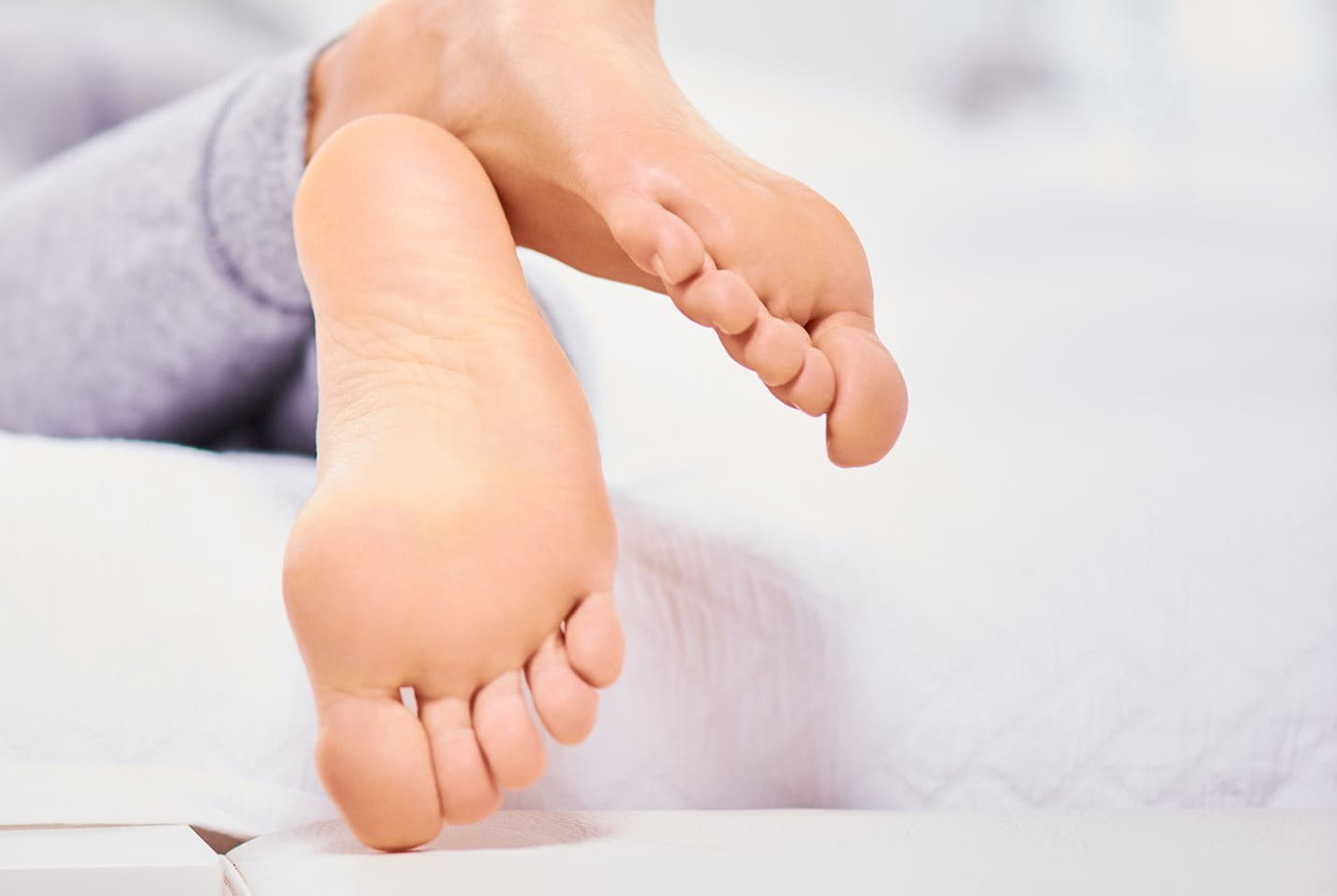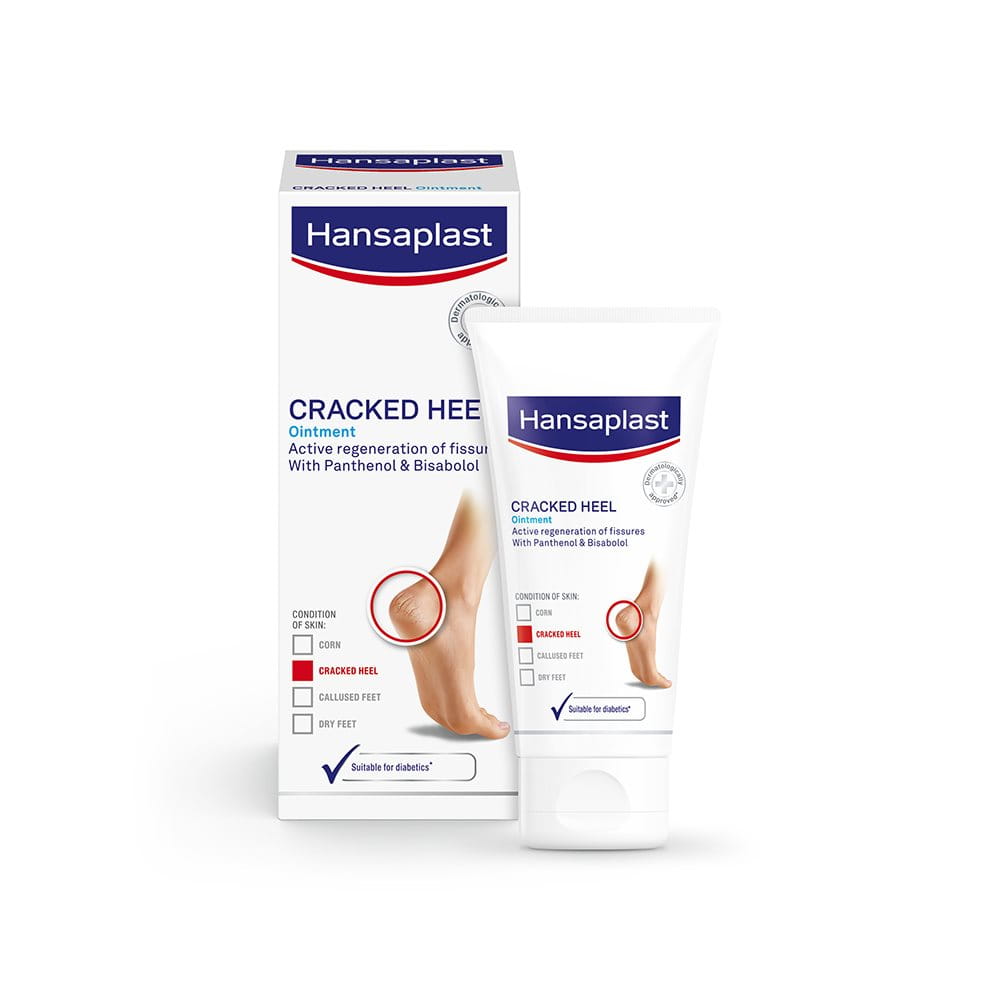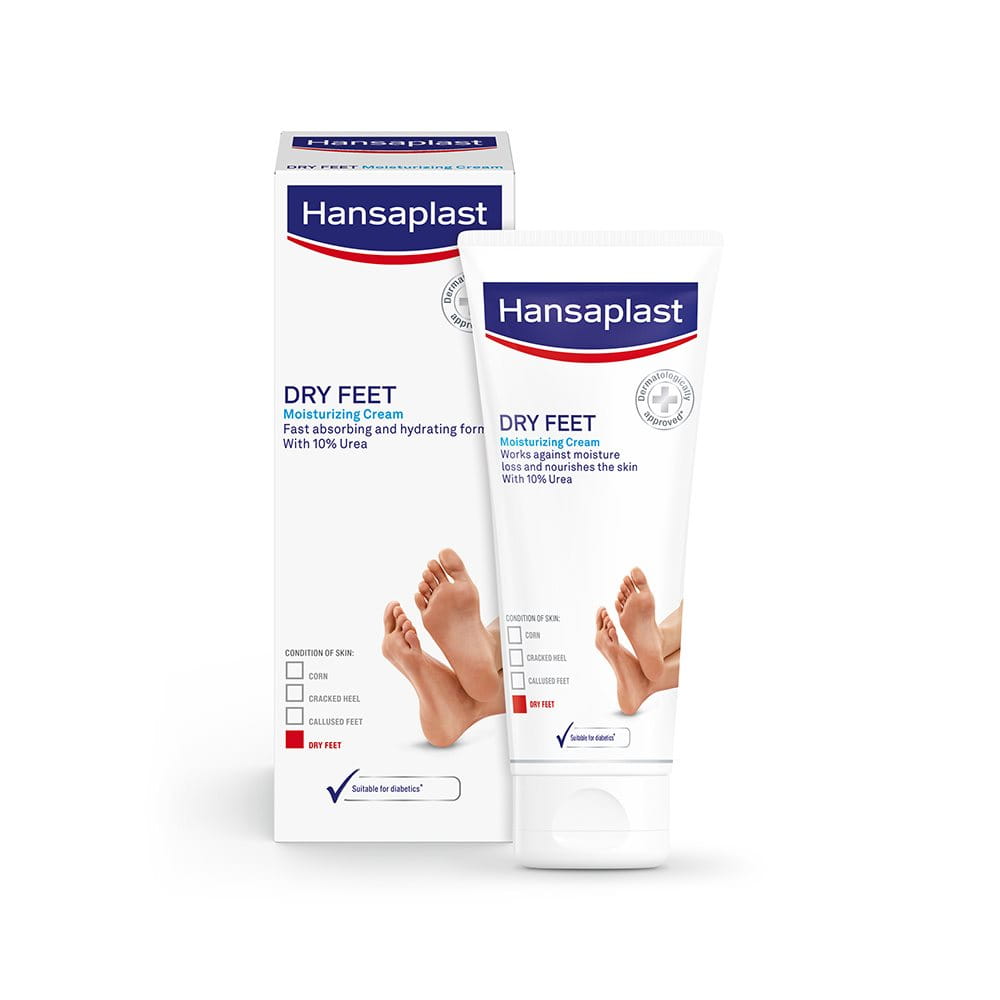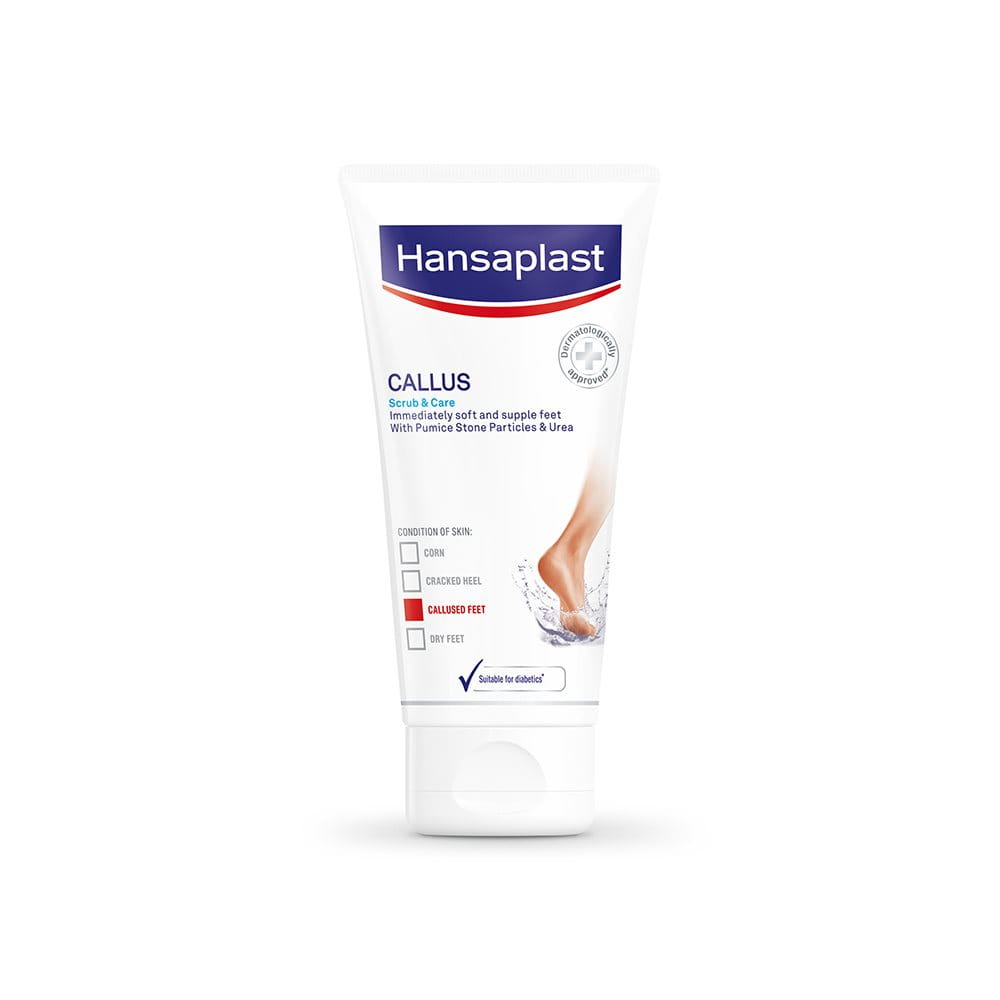What causes cracked skin on feet?


When skin is very dry and callused, cracks (also known as fissures) appear, most commonly, but not exclusively, on heels.
Cracked feet are a common problem, especially amongst:
- People with dry skin: if your skin is naturally drier you are predisposed to cracks
- Older people: as we age skin’s elasticity decreases and it tends to dry out more easily making it easier for cracks to form.
Mechanical pressure on a particular area of the feet caused by walking, prolonged standing and open or ill-fitting shoes can also cause cracks. Cracked feet are often more common in the summer when we walk around barefoot, with our feet unprotected from hard surfaces.
Cracks represent a compromised skin barrier and, if allowed to deepen and open up, bacteria can enter which can lead to infection. It’s important that we take care of our feet in order to prevent cracks from forming and, when cracks do form, that we give our feet the moisturization they need to help them to heal.
If you’re looking for information on foot conditions and footcare in general read say goodbye to hard skin. You might also like to take a look at dry skin on feet, callus-free feet and corns which give the background to, and treatment advice for, each of those conditions.
How can I reduce and remove cracks?
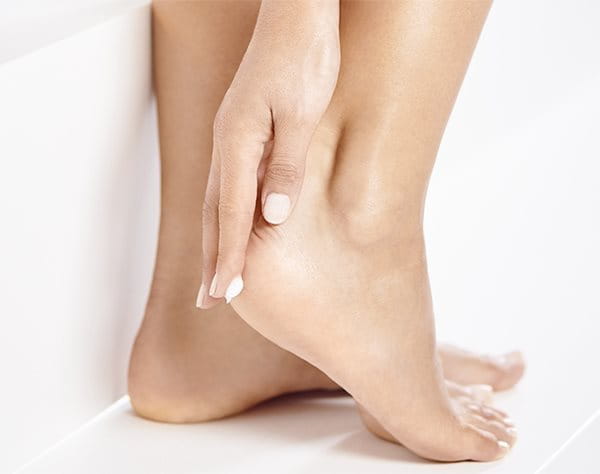
The right treatment will help you to soften your feet and reduce and remove cracks. Hansaplast Cracked Heel Ointment has been specially formulated to provide an effective solution for cracked feet. A soothing, water-free ointment with Panthenol and Bisabolol, it forms a barrier that protects cracks from external influences and prevents skin´s own moisture from evaporating. In so doing, it creates an ideal environment for healing and strengthens skin’s own protective barrier.
Hansaplast Cracked Heel Ointment is clinically and dermatologically proven to provide a fast and effective solution for cracked heels with results noticeable after only four days of use.1 It is suitable for people with diabetes.
- Source: Beiersdorf dermatological study with 33 subjects using the product twice a day for two weeks, 2013. 88% of userrs said the cream restores smooth and healthy skin after four days – visibly and noticeably. 94% agreed that it healed cracked skin after two weeks.

How can I help to prevent cracks from forming?
Prevention starts by understanding what causes your feet to crack in the first place and addressing that:
- Do you regularly moisturize your feet to prevent them from drying out?
- Are you wearing inappropriate footwear?
- Is the issue seasonal (i.e. do you experience it more in the summer when you walk around barefoot)?
The following steps will help you give your feet the care they need and help to prevent cracks from forming:

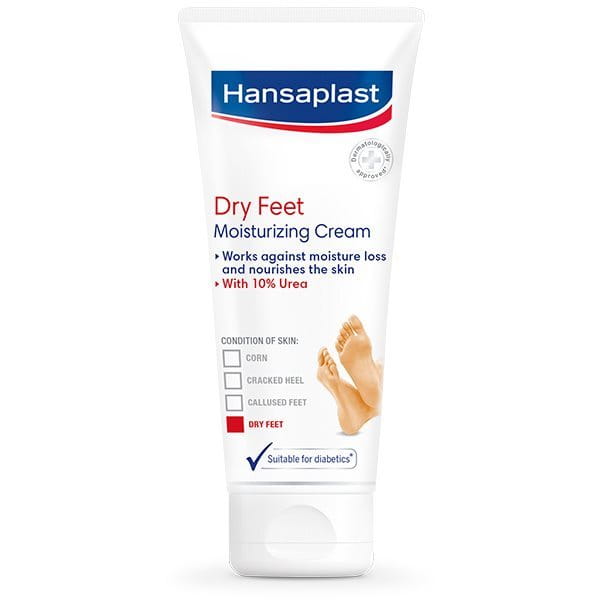
- Avoid washing your feet in water that is too hot: this can cause naturally dry skin to dry out further
- Regularly remove the hard skin on your heels with a pumice stone, foot file and or an exfoliating footcare product such as Hansaplast Callus Scrub & Care
- Moisturize your feet twice daily
- Choose moisturizing footcare products that contain Urea which is proven to be effective at preventing and reducing instances of dry and calloused skin. We recommend Hansaplast Dry Feet Moisturizing Cream daily to maintain soft and smooth skin.
- Whenever possible, wear shoes that fit well and protect rather than rub or pinch your feet. If you think the way you walk might be causing the problem, talk to a podiatrist or doctor who may recommend insoles.
Expert tip: Never try to remove hard skin with a razor blade or other sharp object. You’re likely to remove too much skin, and you risk damaging deeper skin layers making skin prone to infection.

Hansaplast medical professionals and scientists such as Dr Maike Kuhlmann are hard skin experts
Where can I find out more about feet?

